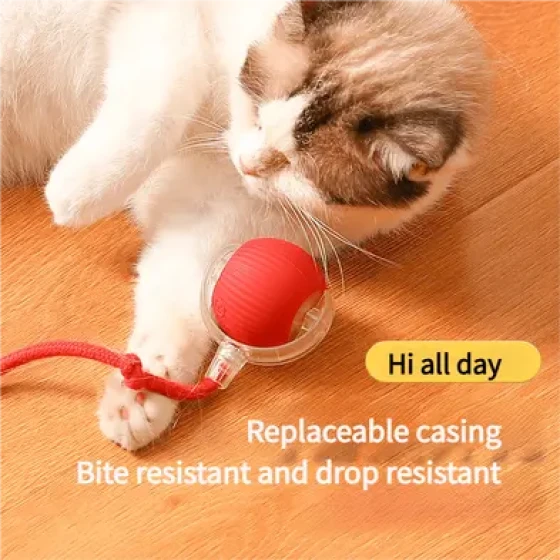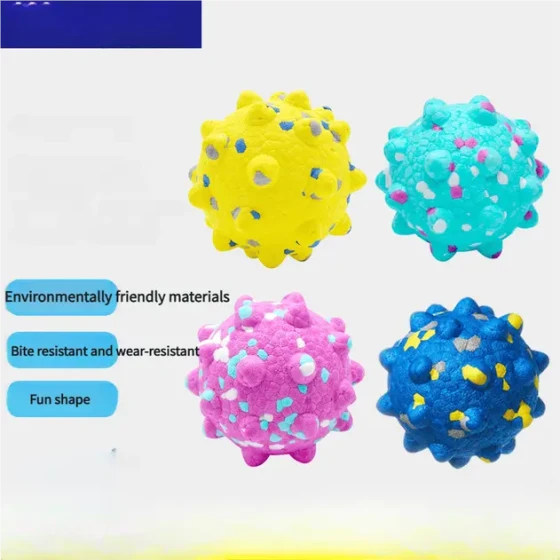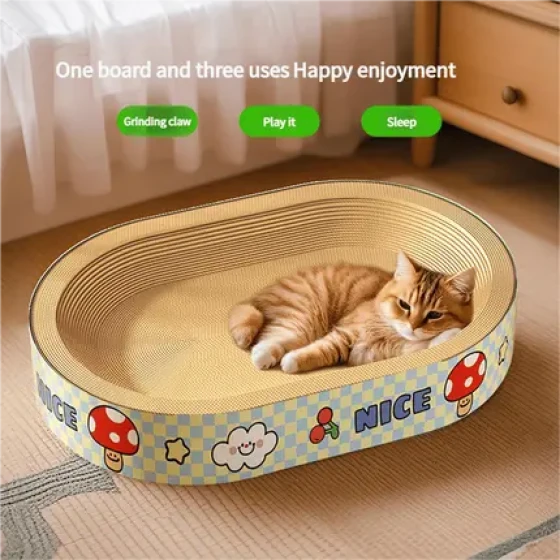Preventing Air Conditioning Disease in Cats

American Shorthair Cat
1. Be sure to prepare ample drinking water for your cat
In rooms with air conditioning, the airflow direction frequently changes, airflow speed increases, and the air temperature constantly fluctuates. These factors interfere with the cat's sense of smell and weaken their response to airborne germs, allergens, and odors.
However, since air-conditioned rooms are dry but temperature-appropriate, germs and viruses easily survive in the air. The air conditioner's ducts and blowers also provide suitable environments for germs and viruses to survive and reproduce. Germs and viruses blown out by the air conditioner can be inhaled by cats that stay in air-conditioned rooms for extended periods, accumulating in their bodies and causing diseases. Cats can eliminate toxins from their bodies through drinking water and urination.
Therefore, even if cats do not feel hot in air-conditioned rooms, they must be given plenty of water to encourage frequent urination and toxin expulsion. It is also acceptable to give cats some green bean soup to clear heat and detoxify, but only in moderation. Cats cannot consume much strongly alkaline food, so about 5ml per day is appropriate.
2. Do not stay in air-conditioned rooms for long periods
Some owners feel sorry for their pets and worry about them being hot, so they turn on the air conditioner and leave the cats in the air-conditioned room while going to work. This is very inadvisable, especially for cats who have had their fur shaved off due to owners’ fears of heat. Cats without their fur protecting them that stay long-term in air-conditioned rooms suffer great harm, including getting "air conditioning disease" and even neurological dysfunction. The correct approach is to place the cat in a cool, ventilated room where natural airflow benefits their health when the owner is not home.
3. Air conditioning temperature should not be set too low
When people are at home, cats can appropriately stay in air-conditioned rooms, but the temperature should not be set too low, generally around 26-27°C is sufficient. Try to avoid indoor and outdoor temperature differences exceeding 7°C. Turn off the air conditioner after 1 to 3 hours of operation, then open windows to expel indoor air and allow fresh outdoor air in for ventilation.
4. Keep the air-conditioned room clean
The air-conditioned room must be kept clean to prevent the growth of harmful bacteria and viruses, reducing the chance cats inhale harmful germs. It is also best to use a humidifier to avoid dryness caused by air conditioning which can damage the mucous membranes of the cat’s nose and eyes.
In summary, during hot summer days it is even more important to scientifically and correctly care for cats to ensure they have a healthy body. (Source:PetsZone)





